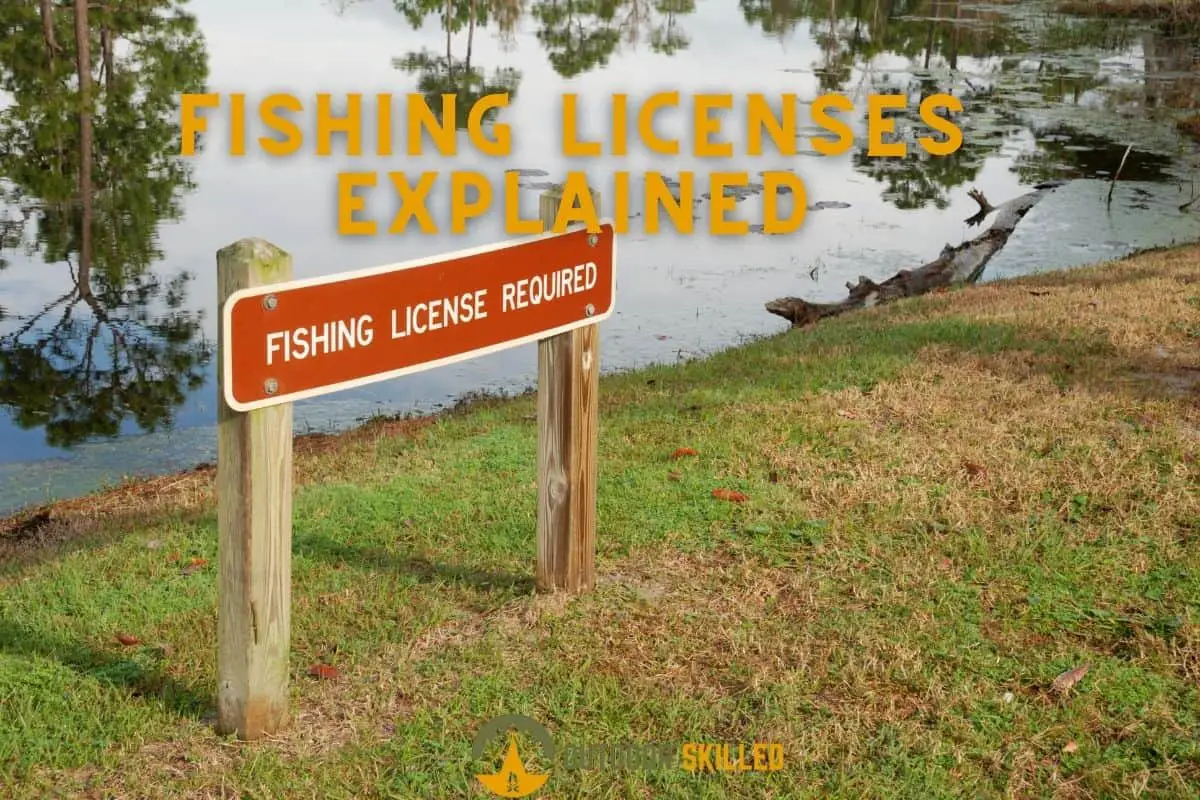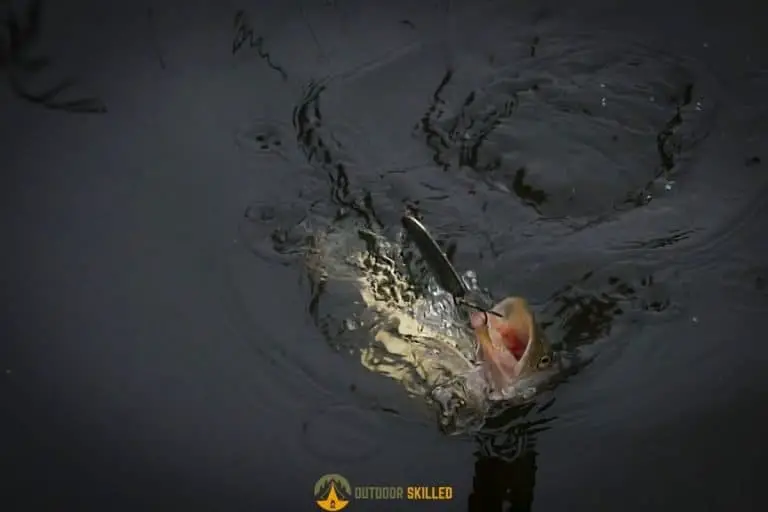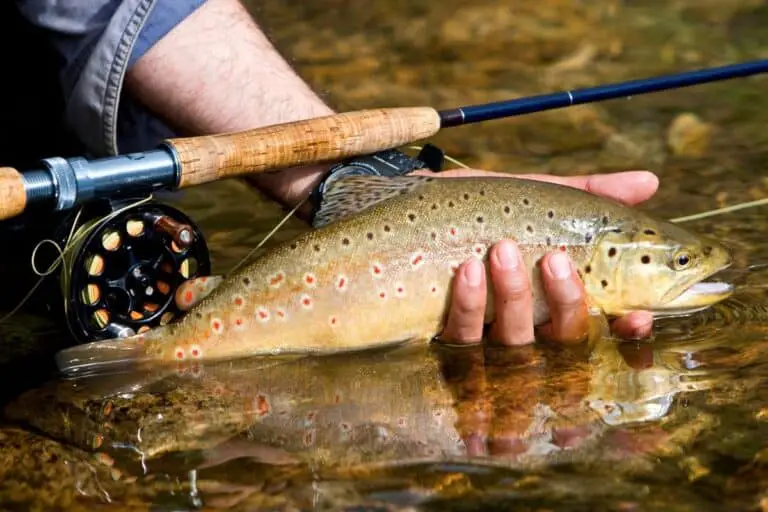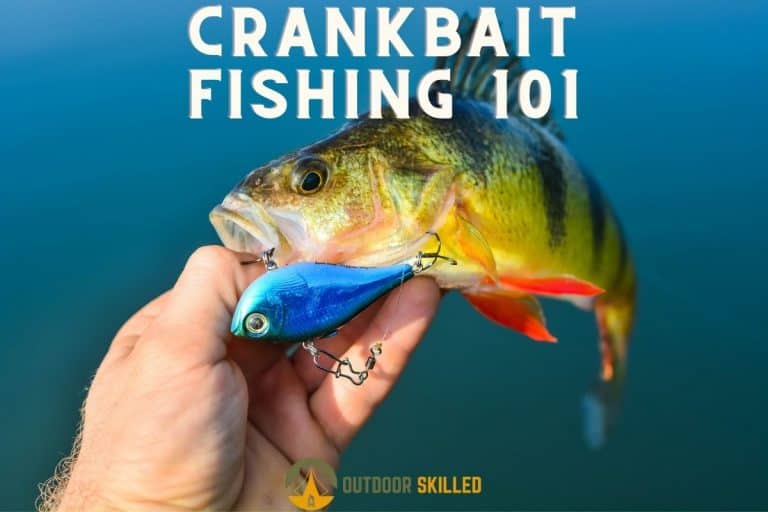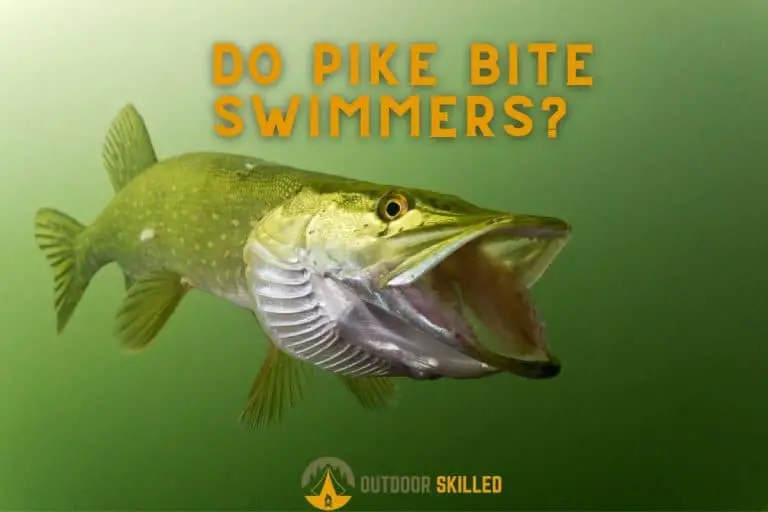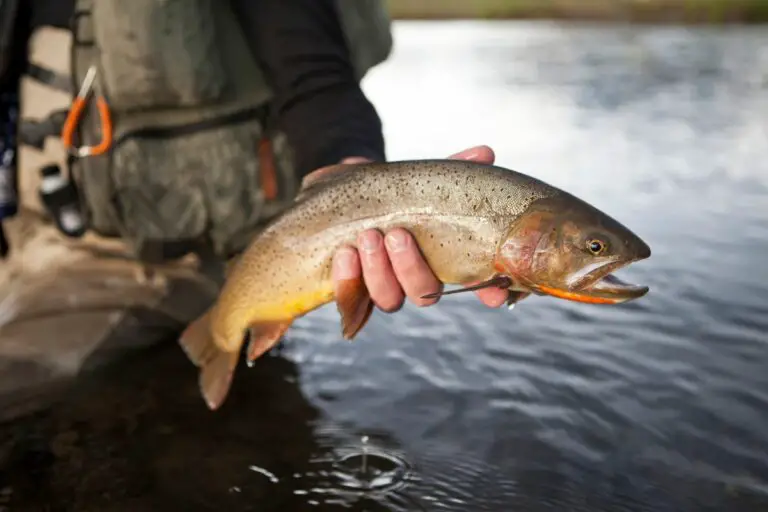Can You Fish Without a License If You Don’t Keep The Fish?
Prime fishing season is approaching in many states and anglers are getting ready to hook their favorite fish, while others are trying to figure out the whole thing from scratch to legally get on a boat for the first time. If you’re one of the latter, you might wonder whether you’ll need a fishing license if you’re planning to catch and release. I got you.
So, can you fish without a license if you don’t keep the fish? No, you can’t fish without a fishing license even if you don’t keep the fish. A valid fishing license is required even if you’re planning to release the fish as you pay for the use of the public land and waters, and the upkeep of the area, not only the fish you catch.
When it comes to fishing licenses there’s one thing for sure but there might be exemptions. Keep reading to get into more details concerning fishing licenses in different states.
Table of Contents
Do you need a license for catch and release?

Yes, you do need a license for catch and release as much as you need it for catch and keep. The reason why you do this is that you pay for a fishing license to be able to use the water body and interact with fish there. So before getting on a boat in public waters, you definitely need a license.
It’s true that there are exemptions for not purchasing a fishing license, but using the catch-and-release method is simply not included. For example, Some states may not require minors under 17 years old to have a fishing license such as Texas. In some other states like California, you are not required to buy a fishing license if you are fishing on a public pier.
Fishing licenses vary in type, and their regulations vary from one state to another but the sure thing is that you still need one no matter what method you’re using. And it’s important to check your state regulations on this matter not to face charges.
Why Do Some States Require a Fishing License For Catch and Release?
When states create their fishing regulations, they generally apply limits to the species and amount any given angler can catch and keep in a day. These limits are included in the information accompanying fishing licenses, so people become more educated to catch limits. But what if you’re not planning to keep any fish? You still need a fishing license!
Having a fishing license is not only beneficial when it comes to setting limits of catching, but it can be more beneficial in other areas that eventually improve your fishing experience in the long run.
Identifying poachers
Fishing licenses allow the state and federal wildlife officials to identify poachers who illegally hunt and can barbarically harm the wildlife. It’s easier for officials to identify them by spot-checking anglers for valid fishing licenses and stop any angler without a license from fishing.
Management purposes
Having a fishing license also facilitates how wildlife and natural resources departments set size and number limits and helps them efficiently schedule fishing seasons based on data produced by the research of licenses. This is vital to keep the fish population healthy and allows you to land a fish even if you’re not planning to keep it.
Funding
License fees go to the state wildlife departments and are used to fund wildlife research and other management operations. Funding includes maintaining protected fisheries for fish breeding grounds in addition to stocking public lakes that help stabilize fish populations and ensures that your next fishing trip is a fruitful one.
What Happens If You Get Caught Fishing Without a License (Even If You Don’t Keep The Fish)?
So let’s get this straight, you can still face charges if you get caught on a fishing boat without a fishing license even if there is no single fish in your bucket. If you’re not someone that the exemptions apply to, you can get a ticket and pay a fine.
The exemptions of not paying for a license also vary from one state to another, you may not have to buy a license for yourself if you’re on a boat with a child teaching them how to fish, but you still need a license for the child which can be discounted, or in some states, free. In Texas, anglers who fish privately-owned water bodies are not required to hold a state fishing license. Residents of Oklahoma aged 65 or over do not need a license to fish in Texas as well.
The scenario of getting caught without a valid license can differ according to the state you’re fishing in, whether you have any previous offenses, and the officer who catches you. The best-case scenario would be getting a warning and being asked to leave the water immediately and never return until you have a license. But don’t count on that.
If this is your first offense you may get a small fine according to the state regulations, it’s often around $50 plus the value of a 24-hour license. The amount you pay can be increased if you have fish on the boat. You must pay the penalty within the next 30 days or you’ll face another fine or even some jail time.
If this isn’t your first transgression, your fine will increase and you can be prohibited from fishing for a while. If you ignore this as well, you’ll face an even bigger fine and a possibility of jail time.
Having a license is easy and takes no time, and most importantly, cheaper than any fine you’ll pay. So don’t think you’re saving time or money by skipping purchasing a valid fishing license because in this way you’re just getting yourself in trouble. Visit The U.S. Fish and Wildlife Services to apply for a license online.
Once you have your license, make sure to check out my other guides here to have better chances on your next fishing trip. For example, I think you will find my guides on Ice Fishing Reels and Ice Fishing Rods quite useful.
How Much Does a Fishing License Cost?
So, how much does a fishing license cost? On average, an annual state resident fishing license costs around $25 while non-resident licenses cost $60 to $70. Whatever you pay for a license, it’s going to be cheaper than the fine you’ll pay for not having one. However, every state sets its price for fishing licenses for the public water bodies.
If you’re not a professional angler you can purchase a 15-day, 7-day, 3-day, or 1-day fishing license for fewer fees. How much they cost depends on the state you’re fishing in. Every state has an online system for buying licenses which makes it much easier for you to get one. They can also be purchased at select government buildings or shops.
Please note that a license in one state is not necessarily honored in another unless they share the same water body. For example, if you have a saltwater fishing license in Virginia, it will be honored in Maryland. It’s important to check the regulations before you go fishing.
Related Questions
Do You Need a Fishing License For Catch and Release in Tennessee?
Yes, you need a fishing license to catch and release in Tennessee except for the Saturday of the first full week in June. Anyone of any age can fish free without a license in Tennessee’s public waters, the agency-owned and operated lakes, and Tennessee State Parks.
Do you need a fishing license for catch and release in California?
No, you don’t need a fishing license for catch and release in California as long as you’re fishing from public ocean piers and the most seaward jetty of the harbor. However, A sport fishing license is required for any person attempting to take fish in inland or ocean waters.
Do you need a fishing license for catch and release in Washington?
Yes, you need a fishing license for catch and release in Washington. Everyone age 15 and older needs a fishing license and must carry a catch record card when fishing. All catch record cards must be returned to WDFW by the appropriate deadline, even if you didn’t catch anything.
Do you need a fishing license for catch and release in Georgia?
Yes, you need a fishing license for catch and release in Georgia. Georgia law requires anglers age 16 and older to have a current valid Georgia fishing license in their possession while fishing in fresh or saltwater.

